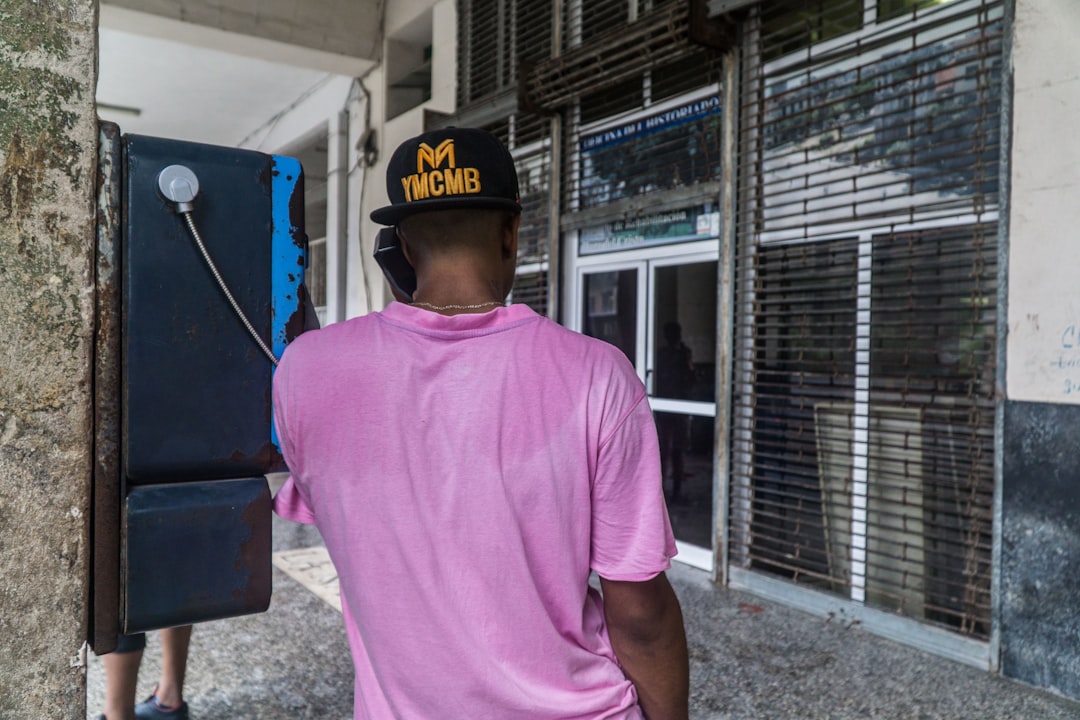South Dakota has stringent debt collector laws in place, including the South Dakota Debt Collection Act (SDDCA), to protect consumers from unfair practices. These laws mandate debt validation before contact, restrict communication methods and timing, and empower individuals to verify and contest debts. Both state laws and the Fair Debt Collection Practices Act (FDCPA) safeguard residents from harassing calls, especially at inconvenient times, and provide legal protections for those affected by abusive collection practices.
In South Dakota, debt collection practices are governed by stringent laws designed to protect consumers from aggressive or unethical tactics. This article delves into the state’s regulations surrounding debt collectors and explores their obligations, especially regarding wrong number calls. We examine the legal implications for both debt collectors and South Dakota residents, highlighting rights and recourse available to victims of unwanted debt collection calls. Understanding these laws is crucial for navigating fair debt collection practices in the state.
Understanding South Dakota Laws Regulating Debt Collectors
South Dakota has specific laws in place to regulate debt collectors and protect consumers from unfair practices. The state’s regulations are designed to ensure that debt collection agencies operate ethically and transparently, providing borrowers with certain rights and safeguards. Under South Dakota law, a debt collector must obtain validation of the debt before contacting a consumer, which includes verifying the amount owed and the original creditor. This process helps prevent errors and ensures consumers aren’t harassed over debts they don’t owe.
Additionally, these laws restrict the timing, frequency, and manner in which debt collectors can communicate with individuals. They are prohibited from making calls at unreasonable times or using abusive, harassing, or oppressive tactics. Consumers have the right to request verification of the debt and to contest its validity. South Dakota’s debt collection laws aim to strike a balance between holding debtors accountable for their obligations and protecting consumers’ rights against unjust practices.
Wrong Number Calls: Legal Implications and Protections for South Dakota Residents
In South Dakota, wrong number calls from debt collectors can have legal implications and are protected by state laws designed to safeguard residents from harassment. According to the Fair Debt Collection Practices Act (FDCPA), a debt collector cannot call individuals who are not liable for the debt or use deceptive, false, or misleading means in their communications. Residents of South Dakota enjoy additional protections under state law that complement the federal guidelines.
If you receive a wrong number call from a debt collector, it’s crucial to understand your rights. You can request verification of the debt and, if the caller cannot provide it, you have the right to stop further contact. State laws also prohibit debt collectors from calling at unreasonable times or in a way that causes you distress. Assisting in identifying these wrong number calls and understanding your rights is an essential step towards protecting yourself from unfair debt collection practices within South Dakota’s legal framework.
Rights and Recourse for Victims of Unwanted Debt Collection Calls
In South Dakota, individuals who experience unwanted or wrong number debt collection calls possess specific rights and avenues for recourse under state laws. The South Dakota Debt Collection Act (SDDCA) outlines strict guidelines for debt collectors operating within the state. One of the most significant protections is the prohibition against contacting individuals at inconvenient times or places, such as before 7:00 a.m. or after 9:00 p.m., except under certain circumstances. This law ensures that residents’ peace and quiet are not disrupted by relentless debt collection efforts.
Victims of these unauthorized calls can take several steps to assert their rights. They can first document each incident, including the date, time, and content of the call, as well as any threats or aggressive behavior from the collector. Filing a formal complaint with the South Dakota Attorney General’s Office is another effective step. Additionally, individuals have the right to demand validation of the debt, requiring the collector to provide proof that the debt is legitimate. If the collector fails to comply, it can lead to legal action and potential damages for the victim.






